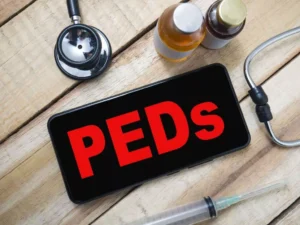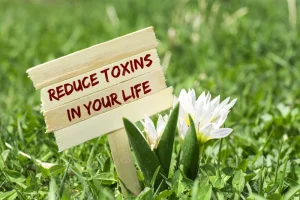
Anyone who experiences severe allergy symptoms after consuming alcohol needs to seek emergency care. People with alcohol intolerance may also experience nasal congestion after drinking alcohol. Next to flushing, a stuffy nose is the most commonly reported symptom of what causes alcohol intolerance alcohol intolerance. Your nose may run or feel congested, and some people also sneeze after drinking. Alcohol intolerance can cause immediate, uncomfortable reactions after you drink alcohol. The most common signs and symptoms are stuffy nose and skin flushing.
Is alcohol intolerance a symptom of long COVID-19?
It’s not clear why, but reported cases of peanut allergy have increased in recent years. A 2017 study found the number of children with peanut allergies had increased by 21% since 2010. As we drink over the course of an evening the amount of alcohol in our bloodstream increases, leading to slower reaction times, lowered inhibitions and impaired judgement.

Immediate Symptoms
Tolerance can develop much more quickly if alcohol is always consumed in the same environment – for example, if you only drank at home during lockdown. In this scenario you may need to drink five pints to get the same initial “buzz” you got from four pints. But it can also develop with regular https://ecosoberhouse.com/ and continued alcohol use in social drinkers. Research suggests this is one of the most common hereditary disorders in the world, affecting 560 million people, or eight percent of the global population. The highest prevalence (35-40 percent) is among in people of East Asian descent.
- Understanding these differences can help you pinpoint the cause of your symptoms and get the most appropriate medical attention if needed.
- For those who frequently attend events where alcohol is present, having a plan in place to manage social situations without consuming alcohol is essential.
- While there is no cure for this condition, avoiding alcohol can help you stay symptom-free and avoid an uncomfortable reaction.
- Alcohol intolerance stems from genetic causes, the symptoms of which can appear at any time in life.
- Reducing intake or stopping drinking may help a person feel more in control of their consumption and avoid experiencing a reaction or symptoms related to their alcohol use.
What’s the difference between alcohol allergy and alcohol intolerance?
More commonly, however, it is diagnosed solely based on the occurring symptoms and their connections to alcohol. Your doctor may also order an alcohol allergy test to rule out that an allergy is causing the symptoms. If alcohol allergy has been ruled out and the symptoms are connected to alcohol use, alcohol intolerance is often diagnosed without further testing. This genetic deficiency results in decreased levels of aldehyde dehydrogenase, the enzyme that breaks acetaldehyde into non-toxic chemicals.


It may seem unfair that an inherited condition keeps you from enjoying the occasional glass of wine or beer. But staying away from alcohol can free you from the uncomfortable hot flushes and digestive issues that come with alcohol intolerance. Plus, avoiding alcohol lowers your risk for cancer and other serious diseases. If you have alcohol intolerance but still find yourself drinking excessively, despite the pain and discomfort, talk to your healthcare provider. True alcohol allergy is thought to be rare, while alcohol intolerance is more common. Some people may incorrectly assume they are allergic to alcohol, when in fact they are actually reacting to other components of alcoholic drinks.
Managing conditions
- ALDH2 is used to break alcohol down in the liver, turning it into acetic acid.
- Roughly 1 in every 50 kids has a peanut allergy, making it the most common type of food allergy in children.
- Alcohol intolerance is caused by a genetic condition in which the body can’t break down alcohol efficiently.
What to expect from your doctor

Betty Wainstock
Sócia-diretora da Ideia Consumer Insights. Pós-doutorado em Comunicação e Cultura pela UFRJ, PHD em Psicologia pela PUC. Temas: Tecnologias, Comunicação e Subjetividade. Graduada em Psicologia pela UFRJ. Especializada em Planejamento de Estudos de Mercado e Geração de Insights de Comunicação.

